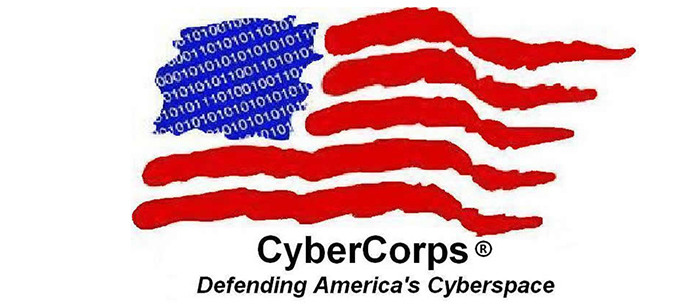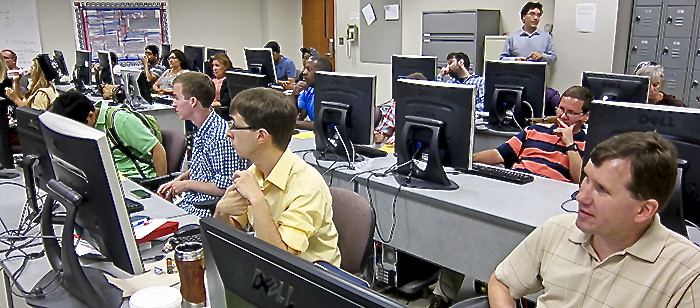
SFS cyberdefense scholarship applications due April 27
The next application deadline for SFS cyberdefense scholarships to UMBC is 12noon Friday April 27, 2018, for possible scholarships beginning fall 2018. See www.cisa.umbc.edu for details and application forms.
These major scholarships include tuition, generous stipend, and more, in return for government employment. Applicants must have at least junior status in fall 2018. BS, MS, MPS, PhD in any cyber-related field may apply (CS, CE, EE, IS, Cyber). SFS applicants must be citizens or lawful permanent residents capable of obtaining a secret clearance at federal, state, local, or tribal government. The annual stipends are $22,500 undergraduate and $34,000 graduate.
These scholarships are highly competitive (e.g., the median GPA of current SFS scholars at UMBC is 3.8) and favor students who have excelled in upper-level technical courses and who have demonstrated a passion and talent for cybersecurity through relevant accomplishments. We will consider applications from rising juniors and above with GPA over 3.0. All SFS scholars at UMBC are expected to engage in cohort and research activities. For more information, see the SFS FAQ page.
Interested students should contact
Dr. Alan T. Sherman
Professor of Computer Science
Director, UMBC Center for Information Security and Assurance (CISA)



